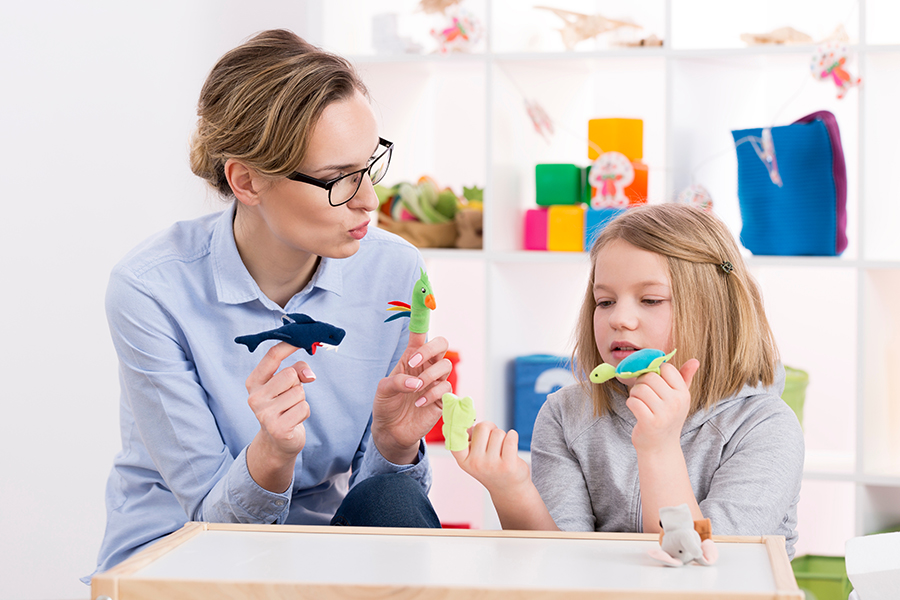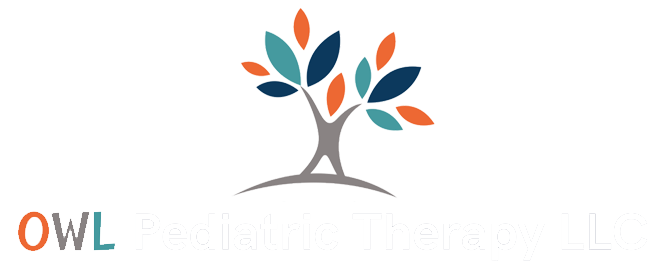
Social Communication Disorder is a relatively new diagnosis. Children with a social communication disorder may have previously had a diagnosis of pragmatic language disorder or autism spectrum disorder. A social communication disorder can impact a child mildly or significantly. The following are signs of a social communication disorder:
- Difficulty matching language to the context and adjusting language depending on the listener’s awareness
- Difficulty understanding the rules of conversation, including starting a conversation, turn-taking, and ending the conversation. The child also may also have difficulty monitoring his or her talk-time within a conversation
- When a misunderstanding occurs, the child may have difficulty correcting the misunderstanding
- Storytelling can have too much or too little background information and might lack listener awareness regarding the other person’s level of interest
- Difficulty making inferencing, understanding nonliteral language, and drawing conclusions
How will you assess for a Social Communication Disorder?
A speech-language pathologist can help you to determine if your child’s pragmatic language skills are developing typically. Additionally, they can hone in on areas of strength and weakness, and help to form targeted therapy objectives. To assess social language, the SLP may administer standardized assessment, which presents hypothetical situations. However, many of our children can “hack” hypothetical assessments due to their strong language abilities. Therefore, classroom observation, parent reporting, and dynamic assessment are often necessary to identify a social communication disorder.

Treatment of Social Communication Disorders is often fun and engaging for the child! We use real-life activities (e.g., games, play, collaborative work, art) to help students think about their own social skills. Some evidence-based approaches that may be used for your child include:
- Social Stories
- Joint Attention Intervention
- Theory of Mind Activities
- Peer Mediation
- Video Modeling
We use curriculum that matches your child’s needs. This may include ideas from: Social Thinking, BrainTalk Curriculum, Zones of Regulation, PEERS, and other social learning platforms.


